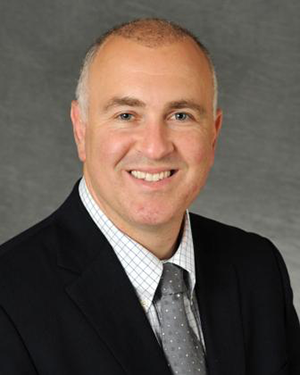Cardiac tissue is tricky stuff. Once it’s damaged it’ll never be the same. However, GW School of Medicine and Health Sciences (SMHS) researcher Scott Shapiro, M.D., Ph.D., may have uncovered a gene that stimulates heart cells to fix themselves.

Following a heart attack, millions of cardiac cells die as a result of disrupted blood flow, often causing serious complications. Once those cells have died, they’re replaced by scar tissue, which doesn’t properly conduct the electrical impulses that trigger the heart to beat. The conflict between the remaining healthy heart cells’ rhythm and the scar tissue exposes patients to life-threatening arrhythmia.
Shapiro’s study, titled “Cyclin A2 Induces Cardiac Regeneration after Myocardial Infarction through Cytokinesis of Adult Cardiomyocytes,” and published in Science Translational Medicine, found that a key protein, Cyclin A2 (Ccna2), can elicit a regenerative response in pig hearts. Shapiro and his research team first looked at small animals such as the zebrafish, which are able to regenerate heart tissue after a heart attack.
“After seeing the effects of Ccna2 in small animals, we began looking at the effects of the gene in larger animals, such as pigs,” says Shapiro, assistant professor of medicine at SMHS. “We delivered Ccna2 directly into the heart and not only found that pigs had improved cardiac function, but also found evidence of cellular regeneration.”
Ccna2 is a prenatal gene normally turned off in humans after birth. Shapiro believes using gene therapy as a tool for cardiac regeneration could lead to a viable treatment option for patients following a heart attack.



